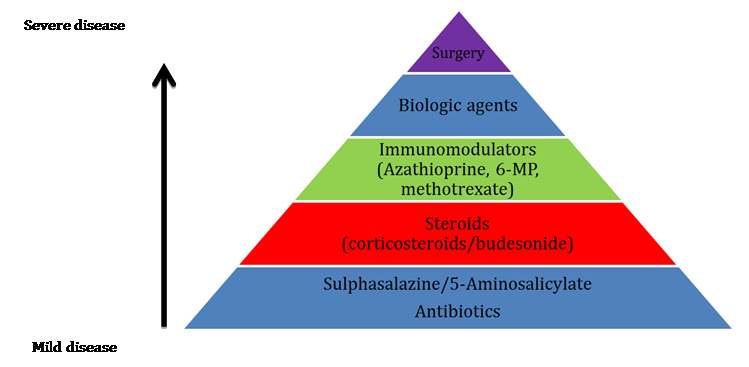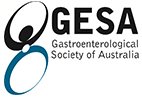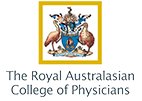IBD Treatment Specialist in Brisbane
Inflammatory Bowel Disease
Ulcerative colitis (UC) and Crohn’s disease (CD), collectively called inflammatory bowel disease (IBD) is a chronic inflammatory condition of the intestinal tract resulting from a dysregulated immune response. IBD affects around 85,000 people in Australia. Its incidence is rising in developing countries and is as common as type 1 diabetes or schizophrenia. The pathogenesis appears to suggest an underlying genetic susceptibility coupled with dietary, environmental and gut microbial changes leading to an ‘overdrive’ in immune response. IBD is characterised by a relapsing remitting course, which is variable amongst affected individuals.
Histologically, the inflammation in UC is does not extend beyond the submucosal layer of the bowel wall and in CD it affects all layers (transmural). Transmural inflammation causes complications such as strictures, fistulisation, perforation and abscess formation in CD. Smoking history is associated with adverse outcomes in CD but appears to be protective in UC.
Ileocolonoscopy and biopsy remain the gold standard for diagnosis of colonic and terminal ileal disease, and will usually confirm the diagnosis. Medical therapy is focussed on attaining clinical remission and achieving mucosal healing. A simplified step-up treatment pyramid is shown below:

Biologic agents are drugs directed against specific molecules in the inflammatory pathways involved in IBD. These agents have been a major game changer in the management of IBD patients.
What’s new?
- Expanding field of biologic therapies with newer agents targeting alternative inflammatory pathway molecules with reduced systemic side effects
- Promising early results of the use of faecal transplantation to improve gut inflammation
IBD medications considered safe to use in pregnancy are the corticosteroids, sulfasalazines, 5-ASA preparations, thiopurines and biologic agents. The best pregnancy outcomes occur in women whose IBD is in remission at conception and throughout the pregnancy.
Opportunistic infection is always a risk in patients treated with immunosuppressant medication. Appropriate vaccination is helpful in reducing this risk, but does not prevent it completely.
References:
- Wilson J, Hair C, Knight R, Catto-Smith A, et al. High incidence of inflammatory bowel disease in Australia: a prospective population-based Australian incidence study. Inflamm Bowel Dis. 2010 Sep;16(9):1550-6.
- Ng SC, Shi HY, Hamidi N, et al. Worldwide incidence and prevalence of inflammatory bowel disease in the 21st century: a systematic review of population-based studies. Lancet. 2017 Oct 13 [Epub ahead of print]
- Hindryckx P, Vande Casteele N, Novak G, et al. The expanding therapeutic armamentarium for inflammatory bowel disease: how to choose the right drug(s) for our patients? J Crohns Colitis. 2017 Aug 25 [Epub ahead of print]
- Paramsothy S, Kamm MA, Kaakoush NO, et al. Multidonor intensive faecal microbiota transplantation for active ulcerative colitis: a randomised placebo-controlled trial. Lancet. 2017 Mar 25;389(10075):1218-1228




